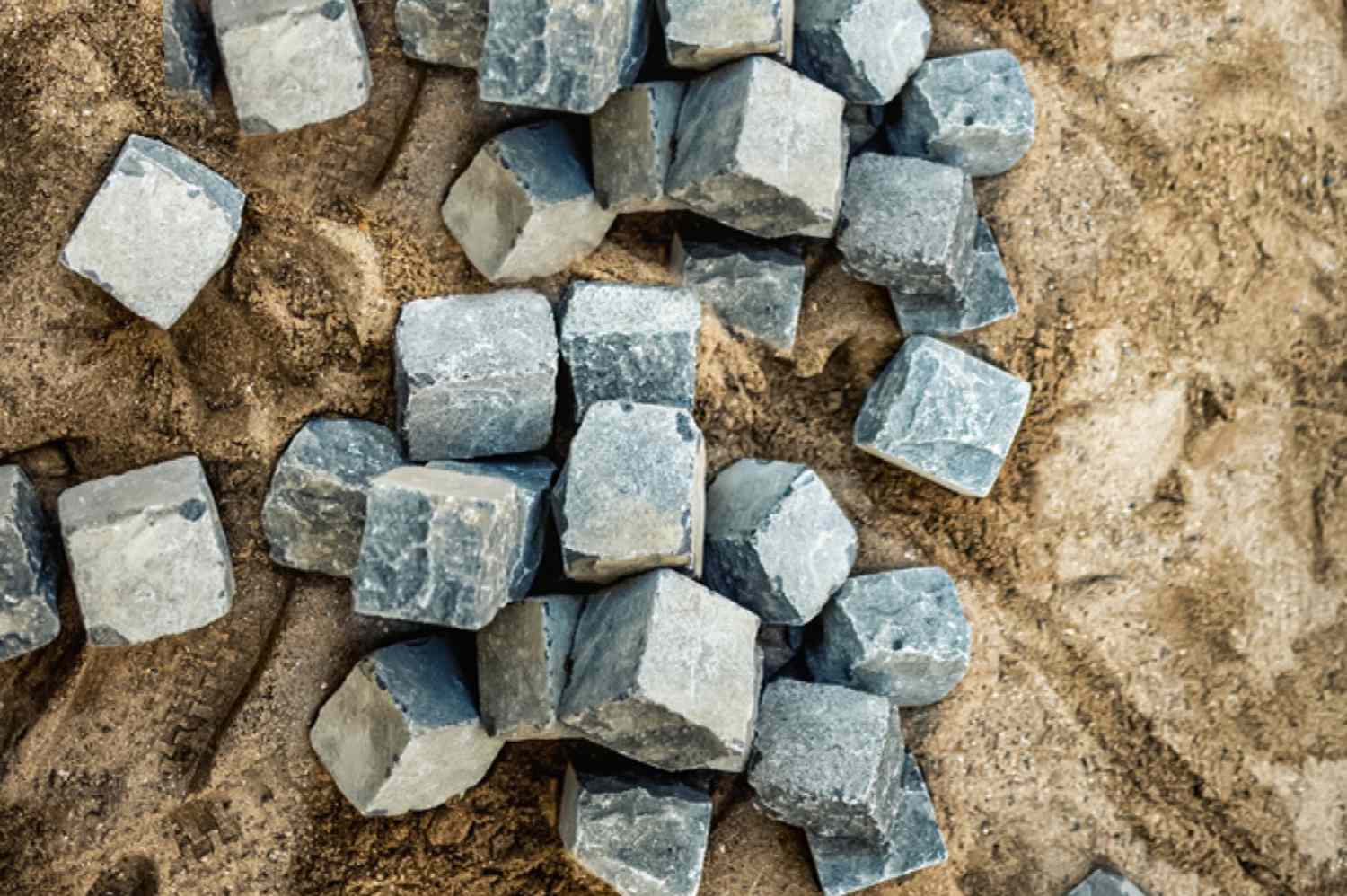From road paving and drainage systems to landscaping and construction, bulk rock supply is an essential part of many large-scale projects. However, prices might quickly increase if appropriate planning and techniques are unused. This thorough guide will help you ensure quality and efficiency while saving money on bulk West Phoenix Rock supply.
- Plan and Estimate Accurately
Careful planning is one of the first steps to reducing the cost of bulk rock supplies. While underordering might cause delays in your project and raise prices owing to reorders or repeated trips, overordering leads to needless expenses. To solve this, thoroughly measure the area of your project and use precise measurements to determine how much rock is needed. You must measure the length, width, and depth to determine the number of cubic yards or tons required for most projects. Additionally, get advice from professionals, like contractors or suppliers, to confirm your estimates and obtain insightful knowledge from their experience.
- Buy Directly from Quarries
By cutting out middlemen, buying rocks straight from quarries drastically lowers expenses. Bulk discounts are available at several quarries, particularly for large orders. Finding quarries close to your project site through local research will cut transportation costs. Since large purchases allow for discounts or special rates, haggling over prices is crucial when working with quarries.
- Consider Alternative Rock Types
Not all rocks are made equal, and the cost of each type varies. You may be able to replace expensive rocks with less expensive ones without sacrificing quality, depending on the needs of your project. For instance, gravel can serve many purposes as effectively as crushed stone but is typically less expensive. Sourcing rocks locally is another approach to save transportation money while promoting local companies.
- Order in Bulk
Bulk orders are nearly always less expensive per unit when compared to lesser amounts. Bulk orders get better deals because suppliers often offer tiered pricing. Consider working with neighboring projects to place a combined order if your order isn’t big enough to be eligible for reductions. But be sure you have enough room to keep bulk goods if your project takes longer than expected.
- Time Your Purchase Wisely
Demand, availability, and seasonality can all affect rock pricing. Contractors and project owners can obtain better agreements using strategic timing. You can save a lot of money by buying materials during the off-season when demand for the building is usually lower. It’s also beneficial to keep up with local market trends because purchasing ahead of time when demand reduces can lock in reduced prices.
- Compare Multiple Suppliers
Don’t accept the first quote you get from a supplier to find the best terms and price. Compare several suppliers instead. Ask for thorough bids that cover the price of the materials, the cost of delivery, and any other expenses. Cost is crucial, but give preference to vendors with a track record of dependability and quality, even if their prices are a little higher.
- Opt for Self-Pickup When Feasible
Delivery fees, particularly for large quantities, can mount up rapidly. You can save money by picking up the materials yourself with the right tools. It may still be less expensive to rent a truck or trailer for a day than paying for delivery. It is crucial to account for gasoline and time costs to ensure that self-pickup doesn’t outweigh the savings.
- Recycle and Reuse Materials
The need for new rock sources can be greatly decreased by recycling current materials. For example, crushed concrete is a cost-effective and environmentally responsible substitute for drainage or road bases. Another affordable choice is reclaimed boulders from nearby building sites or reclamation yards, frequently offered for a small portion of the price of new materials.
- Build Strong Supplier Relationships
Long-term savings and advantages can result from building strong relationships with suppliers. Regular clients frequently get access to exclusive offers, discounts, or priority services. To provide you with an advantage in obtaining materials at reduced prices, suppliers may also notify devoted customers of impending sales or price reductions.
Conclusion
For major projects, reducing the cost of bulk rock supplies necessitates a combination of clever procurement, effective logistics, and strategic planning. You can drastically cut costs without sacrificing quality by precisely predicting needs, buying straight from quarries, comparing vendors, and utilizing cost-saving options. Use these techniques to accomplish the intended outcomes and stay within your project’s budget.







